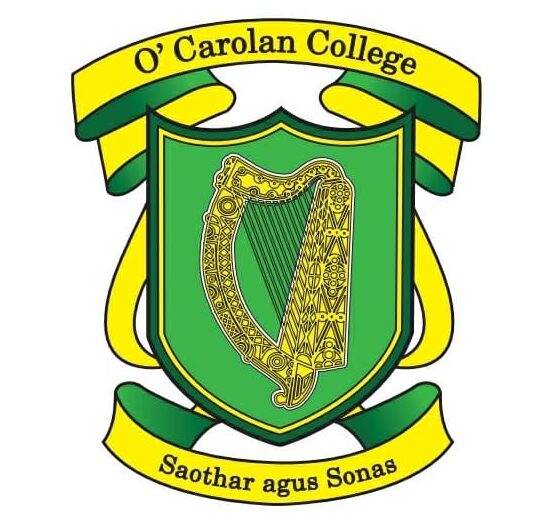Civic & Social Political Education
C.S.P.E. is a compulsory subject for each class in the Junior Cycle. Each class is timetabled for one class per weekover the course of the student’s three years preparing for the Junior Cycle. Where possible, teachers are given aclass group which they also teach for another subject. This allows for teachers to be more familiar with the classgroup, as well as allowing for cross curricular teaching.
Time was allocated throughout the year for several department meetings in order to review schemes of work, setcommon exams and discuss current issues and in-service available.C.S.P.E. teachers who previously attended in-service discussed this with their colleagues and notes were given outto all teachers with guidelines on the completion of the Action Project subsequent to this.
CSPE belongs to a new area of learning called Wellbeing. Wellbeing is about feeling well mentally, physically,emotionally and socially. Through the study of CSPE students will explore how their wellbeing is connected to thewellbeing of others in their community, the state, and the wider world. It enables students to feel connected to andtake responsibility for the wellbeing of others. It also develops students’ confidence, agency and engagement whichare important characteristics of student wellbeing.CSPE at Junior cycle is inclusive of all students and contributes to equality of opportunity, participation and outcomefor all and allows students to make a strong connection with learning by focusing on the quality of learning thattakes place and by offering experiences that are engaging and enjoyable for them, and relevant to their lives.These experiences are of a high quality, contribute to the physical, mental and social wellbeing of learners, andwhere possible, provide opportunities for them to develop their abilities and talents in the areas of creativity andenterprise. The programme builds on students’ learning in primary school. It supports their further progress inlearning. It helps students to develop the learning skills that can assist them in meeting the challenges of life beyond school.
CSPE explores the idea of citizenship and is built on three strands of learning
- Rights and ResponsibilitiesIn this strand, students learn what it means to live with rights and responsibilities and examine the main humanrights instruments that protect people’s rights. This is a foundation strand.
- Global CitizenshipIn this strand, students explore issues of poverty, inequality and sustainable development and look at ways to bringabout effective change.
- Exploring DemocracyThis strand enables students to examine how democracy works and the role of the media in a democracy.
Students explore these concepts through activity-based learning. Themes such as respect, racism, human rights,global warming, pollution, voting etc are discussed. A wide variety of activities are undertaken over the course ofthe three years.All classes in the school are mixed ability and co-educational. Each child with special educational needs is cateredfor on an individual basis and has full access to the curriculum.
A variety of citizenship actions are undertaken each year. Students will create a Citizen Action Record for one oftheir projects as part of the CBA in second year. Some examples undertaken last year include: identifying a humanrights issue of concern and focusing on that issue, devising a class charter of rights and responsibilities, organisingand participating in a mock Equality Tribunal hearing, a mock European Court of Human rights trial using simplifiedcases or mock election, organising a celebration of Internation Human Rights Day and National Holocaust Memorial Day and a Great European Bake Off.
